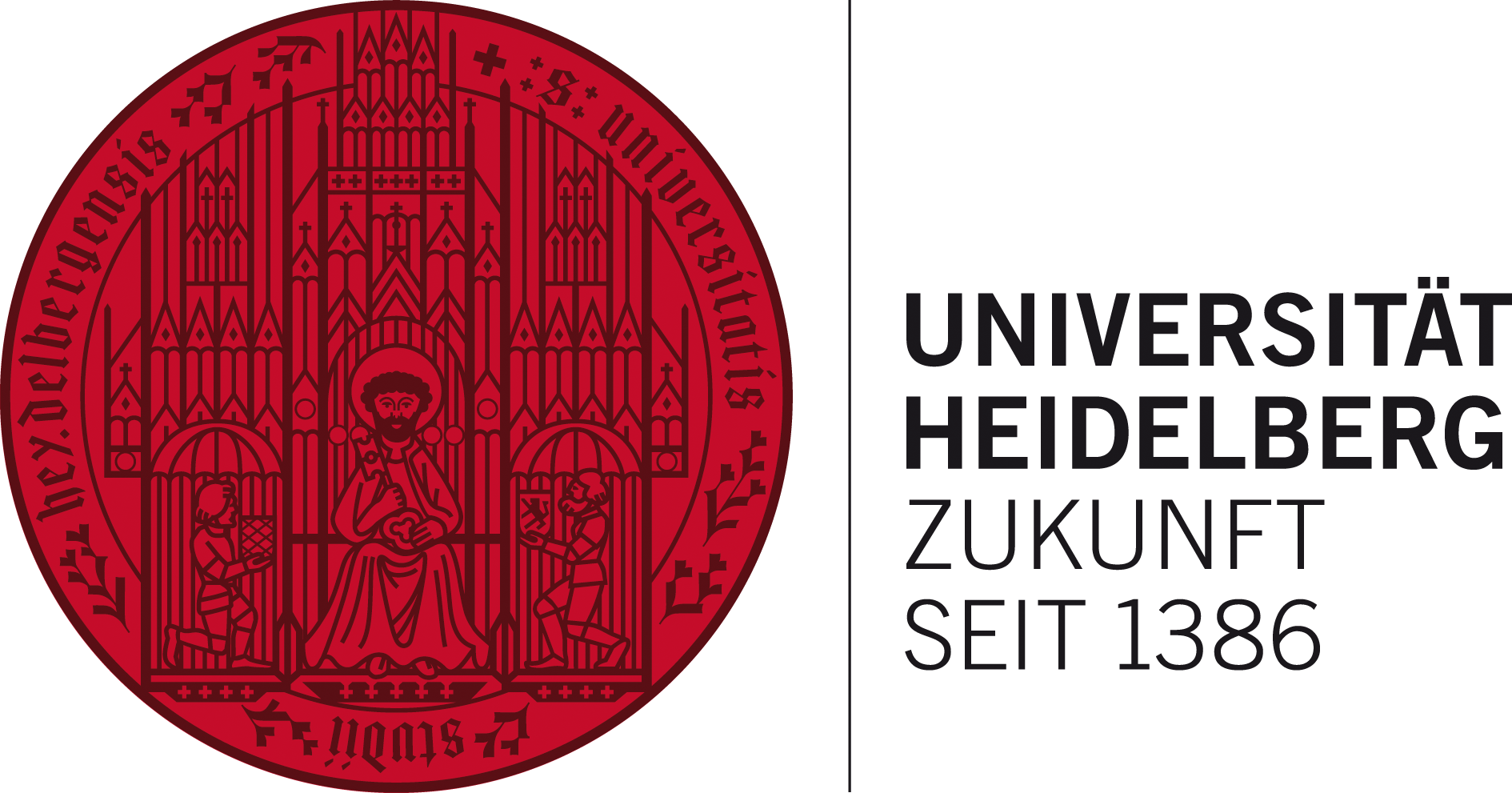Recent News
The Institute for Computer Engineering (ZITI) mourns the loss of former colleague Prof. Dr. Dr. hc. Norbert Joachim Fliege, who passed away at the beginning of February at the age of 81. Prof. Fliege helped to establish the newly founded Institute of Computer Engineering at the University of Mannheim after his appointment in 1996 and very successfully headed the Chair of Electrical Engineering there. Among other things, he developed methods for secure data communication in power grids. After his retirement in 2008, he devoted himself to a start-up he founded. We greatly appreciated Prof. Fliege as a highly committed, reliable and always helpful colleague. We all still remember his fine sense of humor. We will always honor his memory.
Prof. Koch presented some insights on the open-everything FPGAs developed by the NCT group at the Chaos Communication Congress in Hamburg.
In collaboration with the Neuromorphic Quantumphotonics Group led by Wolfram Pernice, among other collaborators, the Hardware and Artificial Intelligence Lab published an article about “Probabilistic photonic computing with chaotic light” in Nature Communications.
The group of Prof. Fischer develops specialised microchips with photo sensitive pixels, which can detect even a single optical photon. Today the first silicon wafers have arrived!
The Indo-german Workshop on Hardware-aware Scientific Computing will take place from October 28 to October 30 at the Interdisciplinary Center for Scientific Computing (located in: Im Neuenheimer Feld 205)
Am 14.10. findet um 14 Uhr die Begrüßung der neuen Studierenden statt. Im Anschluss zeigen die Arbeitsgruppen des Instituts mögliche Studien- und Masterarbeitsprojekte.
Die Fachschaft Technische Informatik plant zu Semesterbeginn zwei Veranstaltungen.
Prof. Dr. Lorenzo Masia of ZITI hosted the IEEE BioRob 2024 at Heidelberg University, 1-4 September 2024, with participants from leading research institutions in the field
ZITI hosted now the third issue of the FPGA Ignite Summer School series
ZITI Student won the Open Hardware 2024 Award
In the course unit Energy Efficient Computing, ZITI students achieved an impressive 1300x speedup
The NCT group at ZITI is organizing the FPGA Ignite 2024 Summer School (Aug. 5-9) with a full week of networking, classes (mostly related to RISC-V) and a hackathon to design a chip
ZITI’s Prof. Dr. Dr. Lorenzo Masia was invited as a keynote speaker at the 2024 Nature Conference on Transformative Technologies on Neuroengineering in Shenzhen, China (April 10-12, 2024).
Prof. Dr. Masia, chair of Biomedical Engineering & Biorobotics at ZITI, will give a talk in the Heidelberg lecture series “Physikalisches Kolloquium” on December 13, 2022.
The Academic Ceremony to officially inaugurate the Faculty of Engineering Sciences at Heidelberg University is taking place on 30 September 2022 in the Great Hall of the Old University and begins at 4pm.
Great success for Lorenzo Masia’s Biorobotics & Medical Technology group: at IEEE BIOROB 2022, no less than 2 papers from the group made it to the final selection for awards.
Prof. Lorenzo Masia from ZITI’s Biorobotics & Medical Technology Group will be General Chair of the next edition of the IEEE Biomedical Robotics and Biomechatronics.
Members of ZITI’s Computer Systems Group (CSG) are local arrangement chairs for the renowned IEEE CLUSTER conference which takes place in Heidelberg from September 6 to 9.
Prof. Dr. Holger Fröning, chair of ZITI’s Computing Systems Group (CSG), is publishing an article in the current anniversary edition of the research magazine RUPERTO CAROLA.
Heidelberg University organizes together with NEXT Mannheim, DHBW and MEIC a 2-day Workshop at March 4 & 5, 2022.
Dr. Lizeth Sloot from the research group Computational Biomechanics at ZITI works on the question how falling can be avoided with personalized training.
ZITI’s Computer Systems Group (CSG) is part of a new center for “Model-based AI” funded by the Carl Zeiss Foundation.
ziti-Symposium on February 2nd, 2020.
